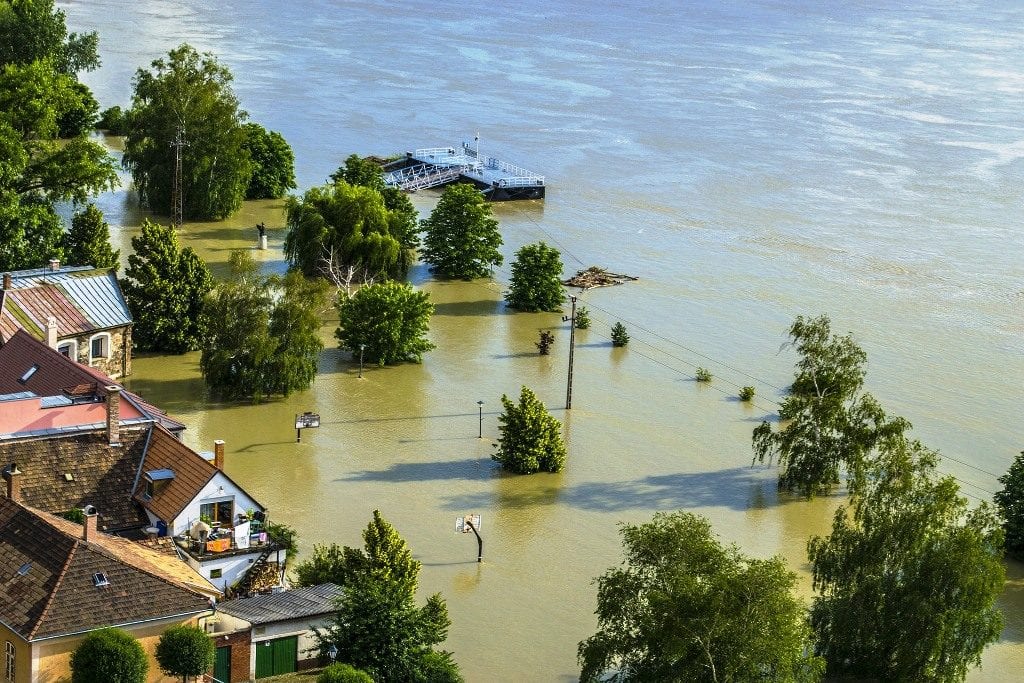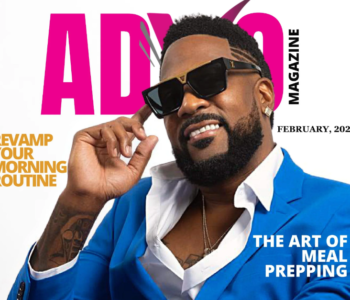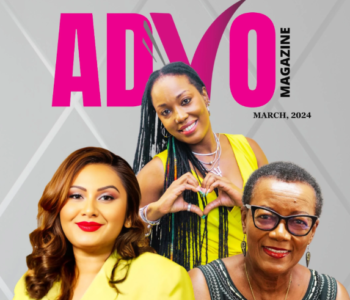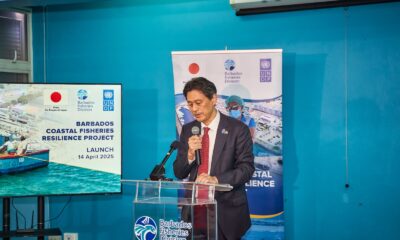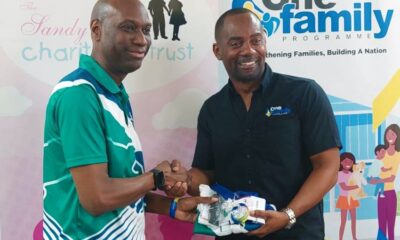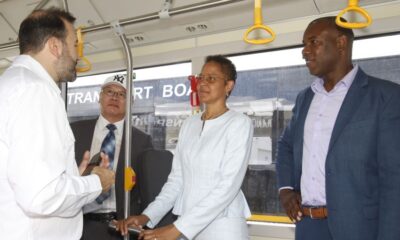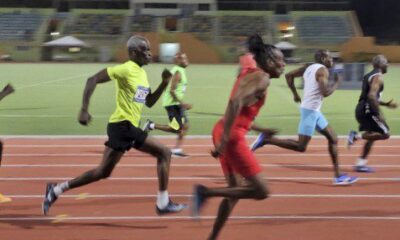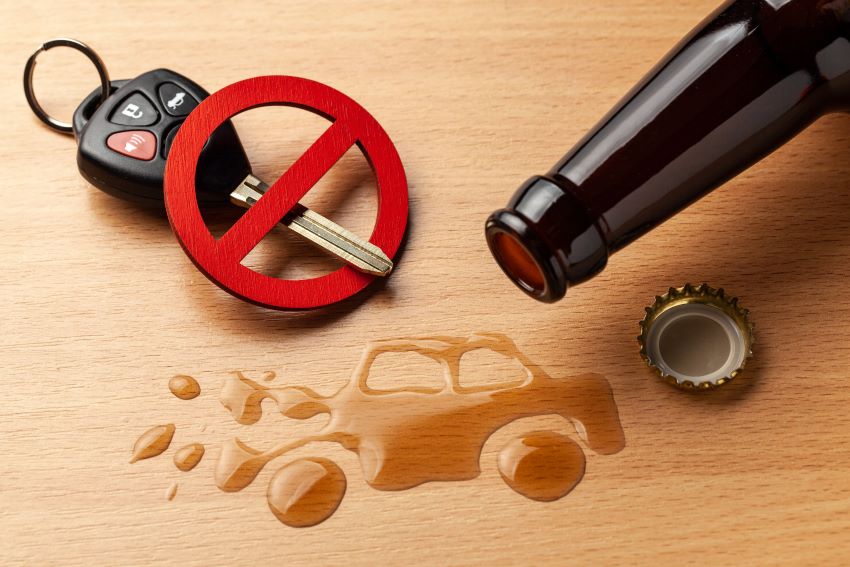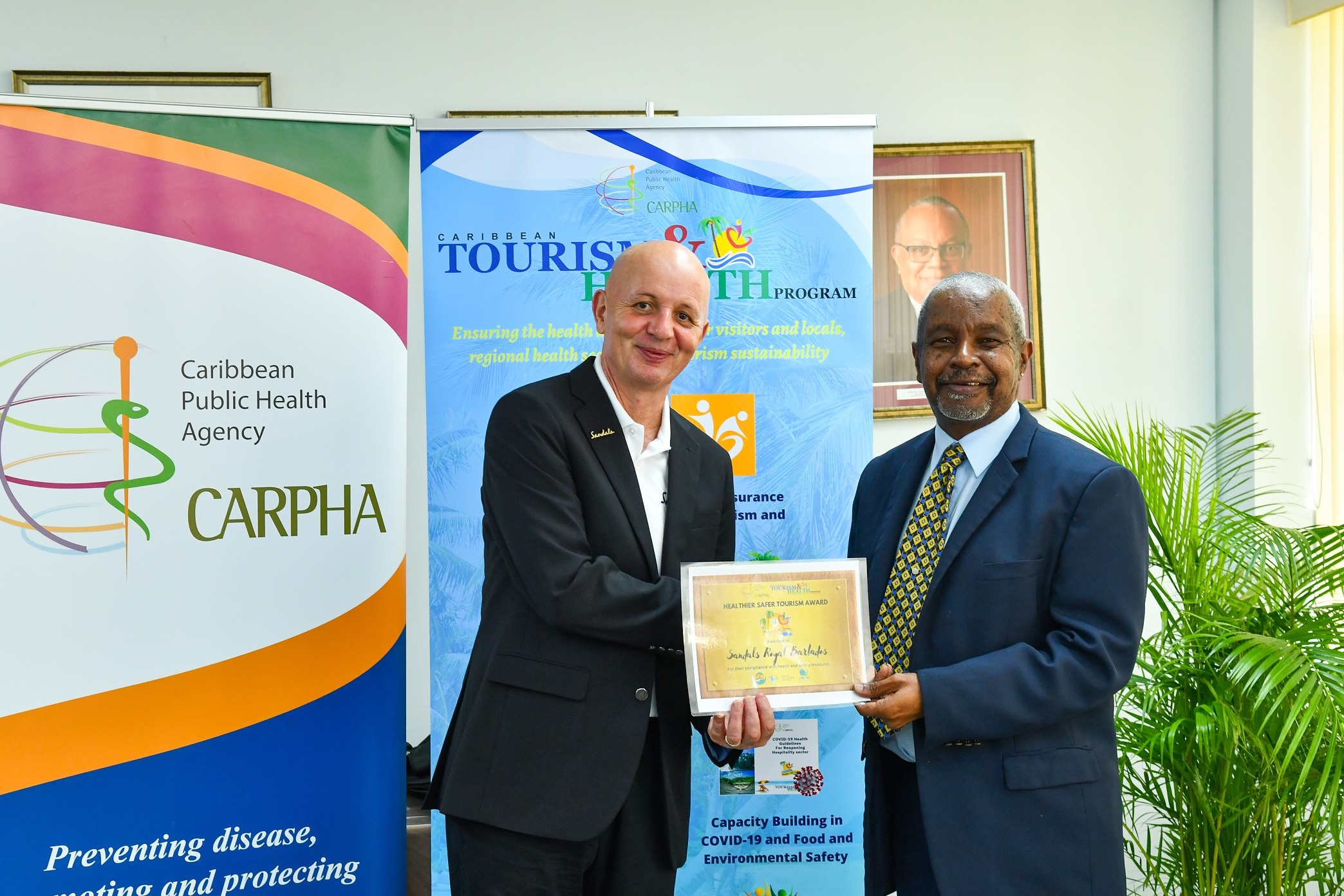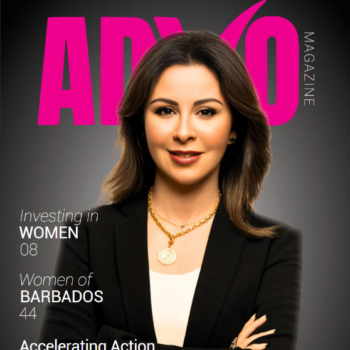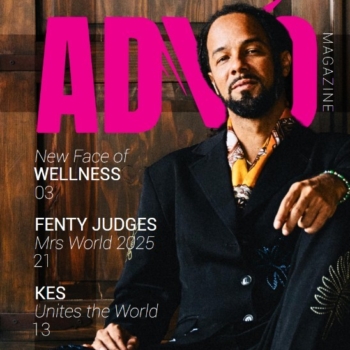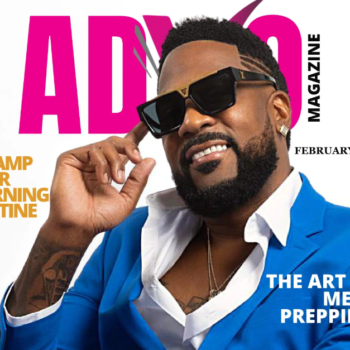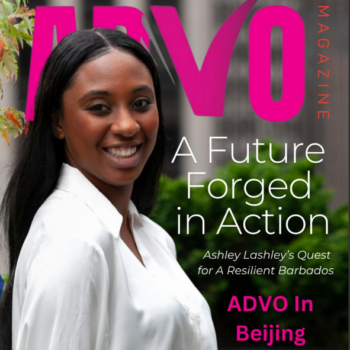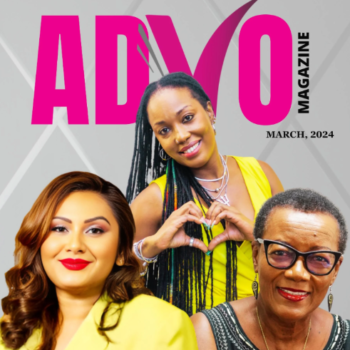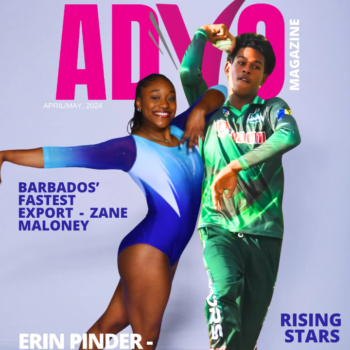Deputy Permanent Secretary in the Division of Culture, Prime Minister’s Office, Michelle Maynard, has encouraged governments and cultural practitioners to be in a state of readiness to deal with the social and economic impact of natural disasters on a country’s cultural landscape.
She also suggested that attention be paid to pre- and post-disaster evaluations of preserving cultural heritage by utilising “cutting-edge” conservation and preservation mechanisms.
The Deputy Permanent Secretary emphasised this on Monday, as she delivered remarks on behalf of Minister of Culture, Senator Dr. Shantal Munro-Knight, during the opening ceremony of a three-day regional workshop on Safeguarding Historical Records in Times of Emergencies, at the Hilton Barbados Resort.
The workshop, which concludes on Wednesday, March 27, is being hosted by the Division of Culture and the Inter-Governmental Committee of the UNESCO 1954 Convention for the Protection of Cultural Property in the Event of Armed Conflict.
Pointing out that a “hands-on approach” was needed to safeguard cultural assets, Ms. Maynard reminded the in-person and virtual audience that the Caribbean was prone to the social and economic impact from natural disasters such as earthquakes, floods, droughts, tropical systems and other disasters, which not only caused loss of life and damage to properties but possibly to cultural and heritage assets across the region.
“It is for this reason that the government of Barbados is a strong advocate for the conservation of historical records and the preservation through the digitisation of these documents. Our documented heritage is the DNA of our country and of our people. To ever lose it to a fire, through arson or social unrest, to have it disappear because of an impact of a hurricane, or destroyed through flooding or tsunami, is to erase from the Caribbean, a vital part of our identity, and to remove from the world, a key part of history,” she stated.
The Deputy Permanent Secretary continued: “Caribbean history is world history. So, we are in a race against time and this is not a cliché, it’s actually a fact and we cannot, however, do it alone. Operating singularly and facing these challenges in isolation must be a thing of the past. Through our collective wisdom and combined experiences, I am confident that we can develop creative and innovative ways of tackling many of these issues. And when I say we, I’m also including UNESCO, the Organization of American States, the International Centre for Studies on Preservation and Restoration of Cultural Property, and cultural civil, society organisations.”
Ms. Maynard maintained that the sharing of information and best practices was key to strengthening disaster awareness and preparedness, adding that she was pleased that it was being held ahead of the start of the upcoming Atlantic Hurricane Season.
“Organising workshops, like the one we’re having today, can inform and guide decision makers, professionals and local experts and to help prepare and respond to disasters before the next one occurs. We have our work cut out for us colleagues. My task here was to basically not to tell you how to do your jobs because you already know how to do that and it’s not basically tell you about the climate crisis, because we’re all aware of that as well. I just want to urge you today to work collectively, to ignite within you, a desire and a commitment to work together beyond this workshop to design and develop strategies for disaster resilience, which can be used as a global framework to mitigate against the detrimental effects of natural hazards,” she stated.
During the session, there were also remarks from the Chairperson of the Barbados National Commission for UNESCO and Director of the Barbados Museum and Historical Society, Alissandra Cummins; Head of the Culture Programme in the UNESCO Caribbean Office, Yuri Peshkov; Associate Programme Specialist, Secretariat of the 1954 Hague Convention and its Two Protocols, Anne Besançon; and Director of Cultural Policy and Research, Dr. Donna Greene Rusnighi, who gave an overview of the project: Strengthening and Protecting Barbados’ Cultural Property: The Digitisation and Conservation of Slavery Records. (PR/GIS)

 Sports6 days ago
Sports6 days ago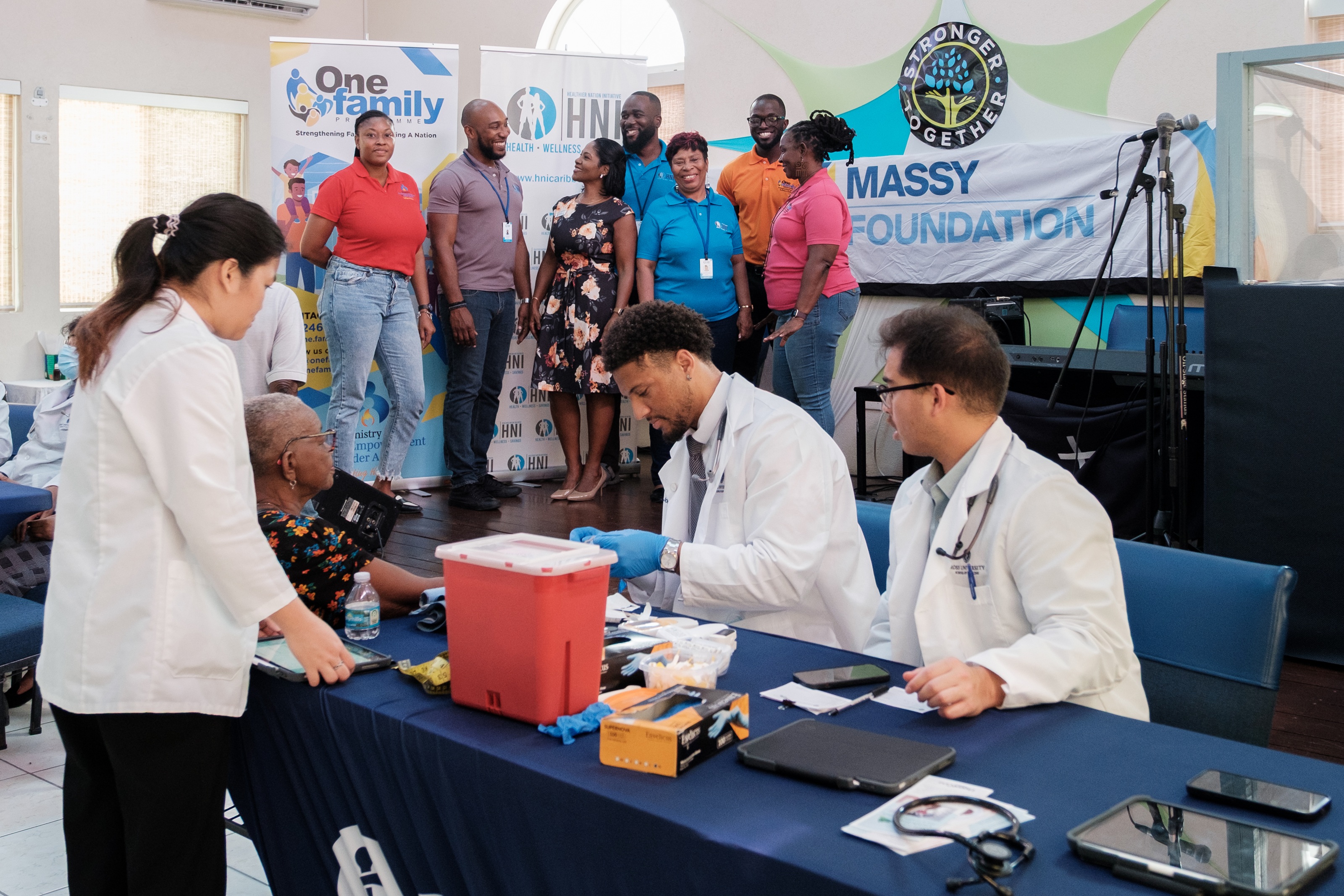
 Government2 weeks ago
Government2 weeks ago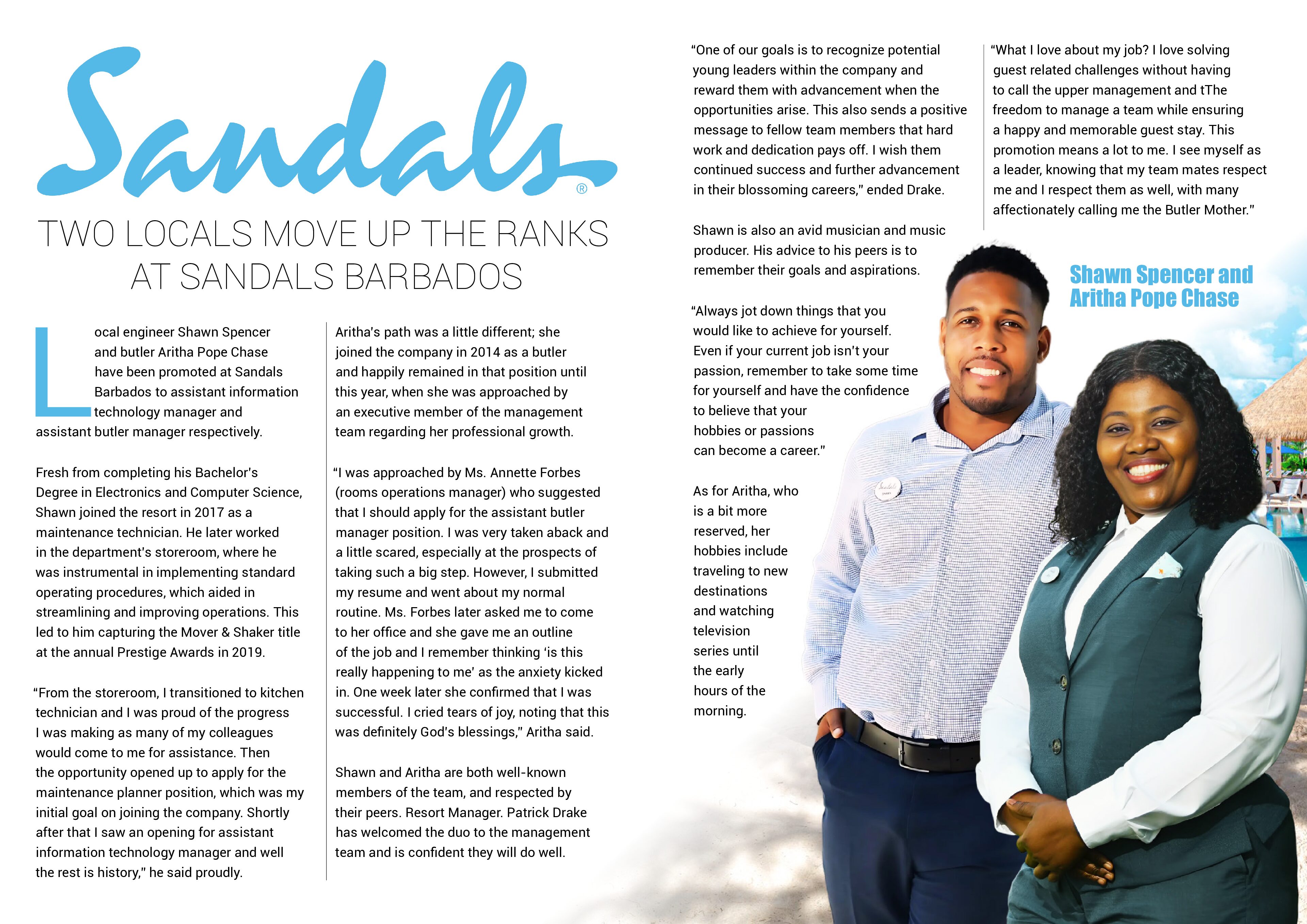
 Business6 days ago
Business6 days ago
 Features3 weeks ago
Features3 weeks ago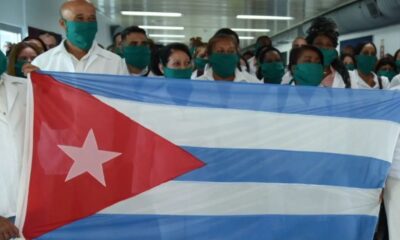
 International3 weeks ago
International3 weeks ago
 Business3 weeks ago
Business3 weeks ago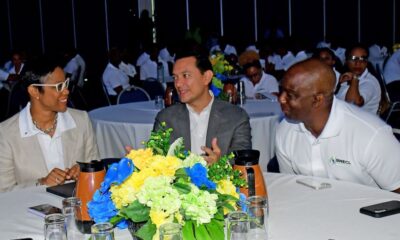
 Government2 weeks ago
Government2 weeks ago
 Lifestyle2 weeks ago
Lifestyle2 weeks ago



